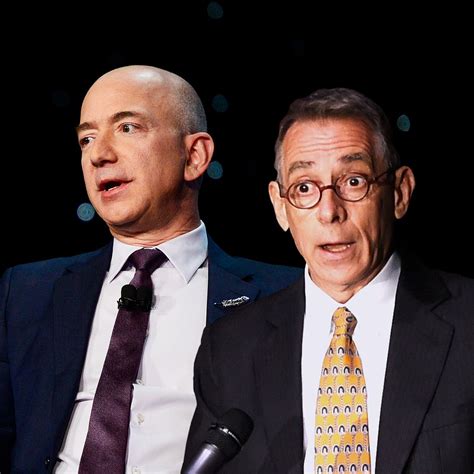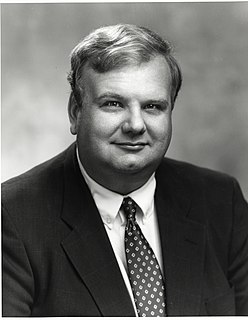A Quote by David Korten
If I would need to make a prediction I still believe Kaplan's scenario is very plausible.
Quote Topics
Related Quotes
Kaplan can't understand trivialities. The triviality here is that nobody except the ultra right-wing jingoists like Kaplan are comparing atrocities by various countries. What honest people are saying seems to be incomprehensible: that we should keep to the elementary moral level of the gospels. We should pay attention to our own crimes and stop committing them. This would be true even if we were killing one person, OK? And it's even more true when we're killing millions of people.
I don't believe in life after death. But I still enjoyed the idea of doing a movie that would portray that collective dream, that collective need. Like flying saucers are a collective need for people who need to believe in flying saucers. You don't need to believe in flying saucers to do a movie about Martians or flying saucers.
I want to tell women that you need to love yourself and make yourself a priority. It's only when you are happy yourself, can you make everyone else around you happy. I am still a dreamer and still believe in fairy tales, but there is only that much one should give another person. You need to keep something for yourself.
If I wasn't acting, I would own a farm. Not like growing crops but maybe have a few animals like cows, and maybe an alpaca or a llama. I would chop wood all day. I would make a living doing that; it's, like, an idealistic scenario for me. It's very contrary to my upbringing, but maybe that's the appeal to it.





































